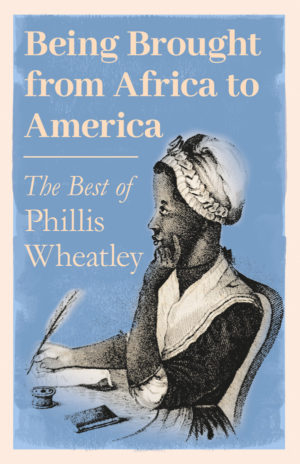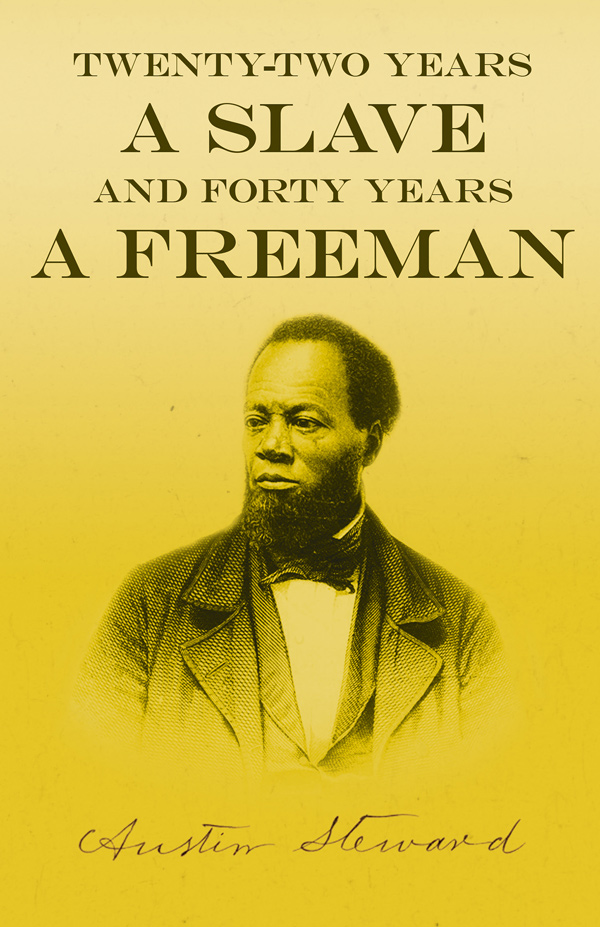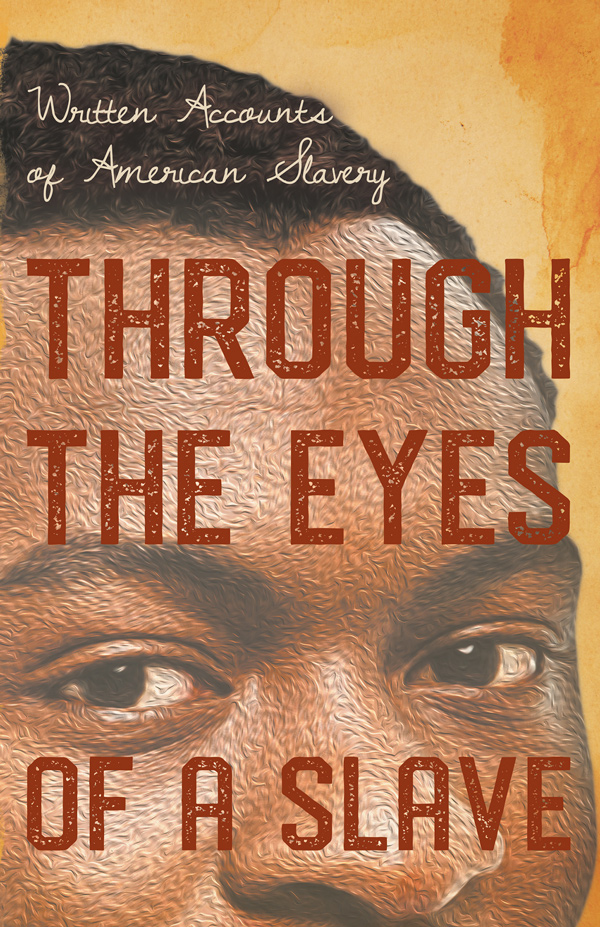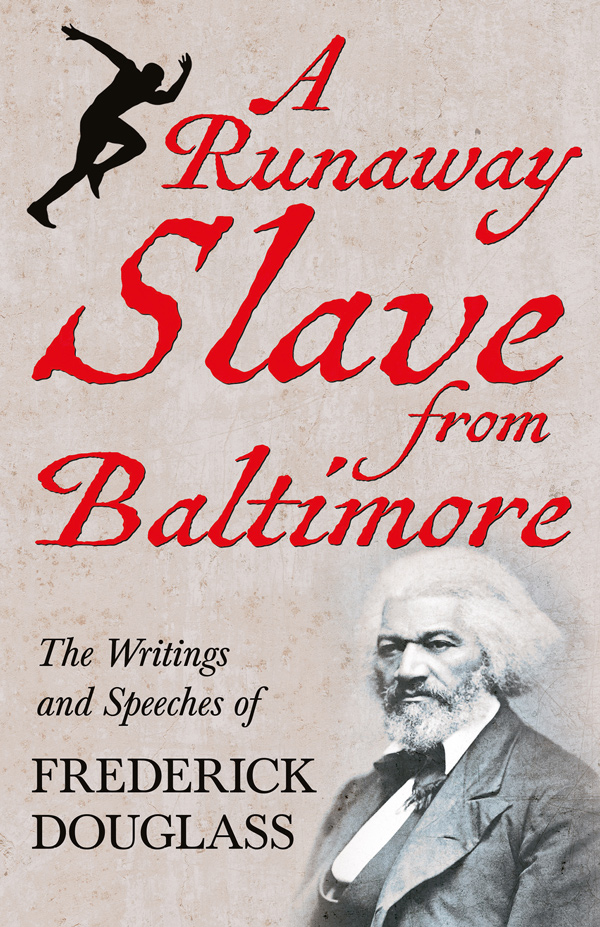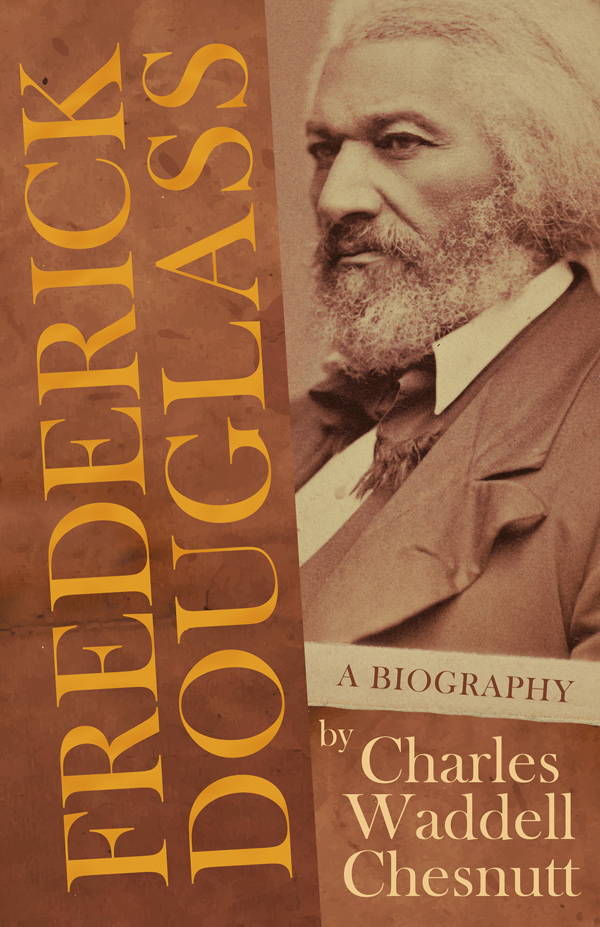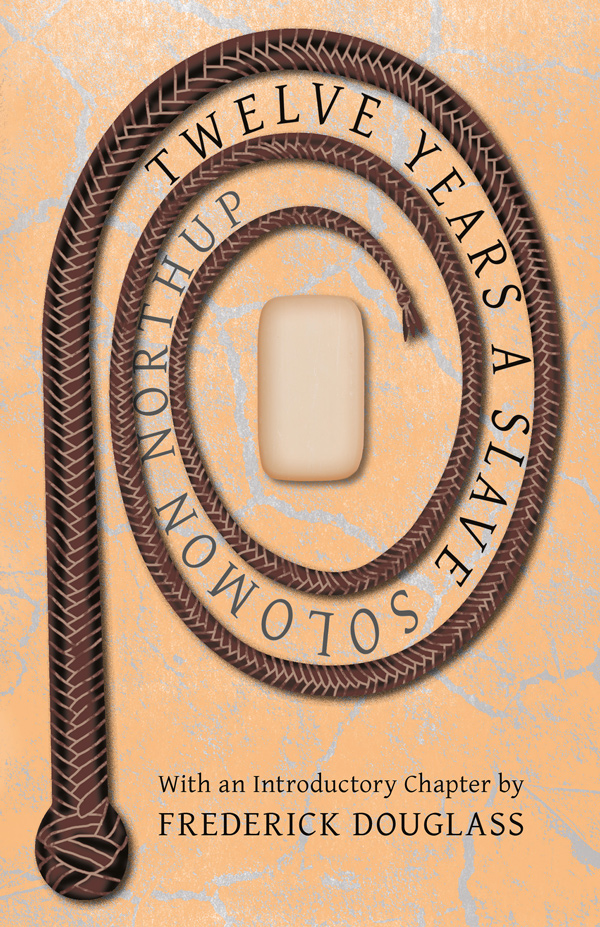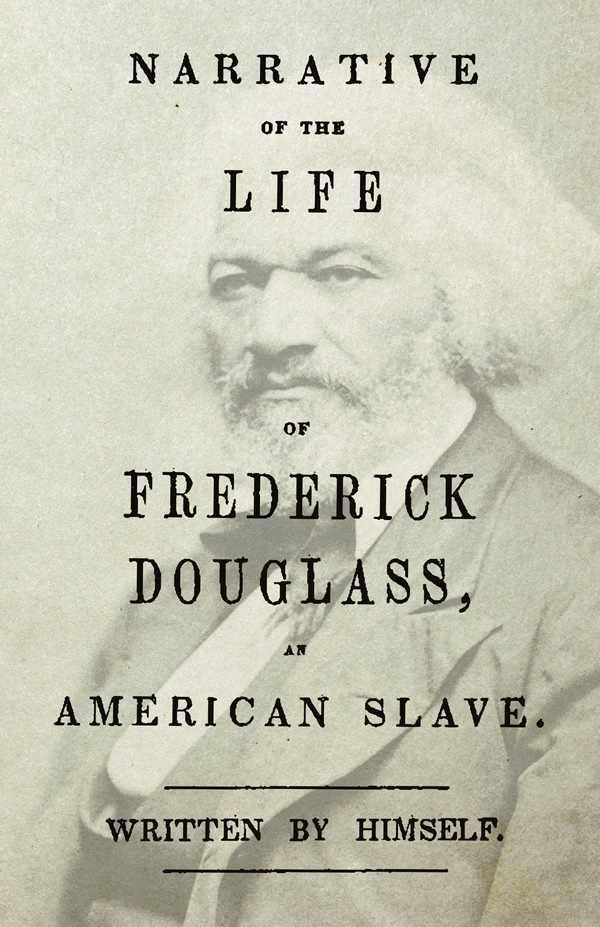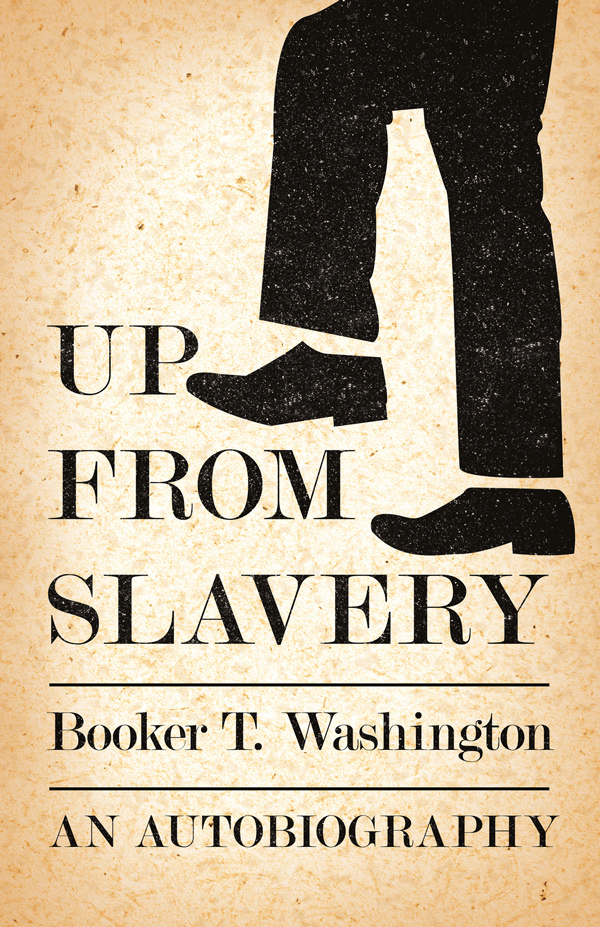To His Excellency General Washington
A Poem by Phillis Wheatley
Celestial choir! enthron’d in realms of light,
Columbia’s scenes of glorious toils I write.
While freedom’s cause her anxious breast alarms,
She flashes dreadful in refulgent arms.
See mother earth her offspring’s fate bemoan,
And nations gaze at scenes before unknown!
See the bright beams of heaven’s revolving light
Involved in sorrows and the veil of night!
The Goddess comes, she moves divinely fair,
Olive and laurel binds Her golden hair:
Wherever shines this native of the skies,
Unnumber’d charms and recent graces rise.
Muse! Bow propitious while my pen relates
How pour her armies through a thousand gates,
As when Eolus heaven’s fair face deforms,
Enwrapp’d in tempest and a night of storms;
Astonish’d ocean feels the wild uproar,
The refluent surges beat the sounding shore;
Or think as leaves in Autumn’s golden reign,
Such, and so many, moves the warrior’s train.
In bright array they seek the work of war,
Where high unfurl’d the ensign waves in air.
Shall I to Washington their praise recite?
Enough thou know’st them in the fields of fight.
Thee, first in peace and honors—we demand
The grace and glory of thy martial band.
Fam’d for thy valour, for thy virtues more,
Hear every tongue thy guardian aid implore!
One century scarce perform’d its destined round,
When Gallic powers Columbia’s fury found;
And so may you, whoever dares disgrace
The land of freedom’s heaven-defended race!
Fix’d are the eyes of nations on the scales,
For in their hopes Columbia’s arm prevails.
Anon Britannia droops the pensive head,
While round increase the rising hills of dead.
Ah! Cruel blindness to Columbia’s state!
Lament thy thirst of boundless power too late.
Proceed, great chief, with virtue on thy side,
Thy ev’ry action let the Goddess guide.
A crown, a mansion, and a throne that shine,
With gold unfading, WASHINGTON! Be thine.
Phillis Wheatley
On Being Bought from Africa to America
Born around 1753 in Gambia, Africa, Phillis Wheatley spent most of her life enslaved. Despite this, she went on to become the first African American woman to publish a book of poetry in English.
After being transported from Africa to America in 1761, she was bought by the Wheatley family of Boston, Massachusetts, aged only 8 years old. The family named her Phillis after the ship that brought her over and gave her their last name as per customs at the time. The Wheatley family educated her and at the age of 14, she began to write poetry. A year later, she would go on to write her most anthologised poem: On Being Brought from Africa to America. Even though she was still only young, her work gained her fame on both sides of the Atlantic.
‘Proceed, great chief, with virtue on thy side,
Thy ev’ry action let the Goddess guide.’
—Phillis Wheatley
Wheatley came to prominence during the height of the American Revolution, she was a keen supporter of the patriots and used her poetry to highlight the savageness of slavery. Her successes proved that African Americans were equally capable and intelligent human beings, and she was honoured by many of America’s founding fathers and important societal figures, including George Washington after she sent a letter to the then military general in 1775. To His Excellency, General Washington aligned her with the cause to abolish slavery and proved she was a keen supporter. A year later, Wheatley was invited to meet with him at his headquarters in Massachusetts, and her poem was later published in the Pennsylvania Gazette.
Read George Washington’s letter in response to Phillis Wheatley’s poem below:
Mrs Phillis,
Your favour of the 26th of October did not reach my hands ’till the middle of December. Time enough, you will say, to have given an answer ere this. Granted. But a variety of important occurrences, continually interposing to distract the mind and withdraw the attention, I hope will apologize for the delay, and plead my excuse for the seeming, but not real, neglect.
I thank you most sincerely for your polite notice of me, in the elegant Lines you enclosed; and however undeserving I may be of such encomium and panegyrick, the style and manner exhibit a striking proof of your great poetical Talents. In honour of which, and as a tribute justly due to you, I would have published the Poem, had I not been apprehensive, that, while I only meant to give the World this new instance of your genius, I might have incurred the imputation of Vanity. This, and nothing else, determined me not to give it place in the public Prints.1
If you should ever come to Cambridge, or near Head Quarters, I shall be happy to see a person so favourd by the Muses, and to whom nature has been so liberal and beneficent in her dispensations. I am, with great Respect, Your obedt humble servant,
G. Washington
To read more about the life of Phillis Wheatley, click here head to read her author biography.


